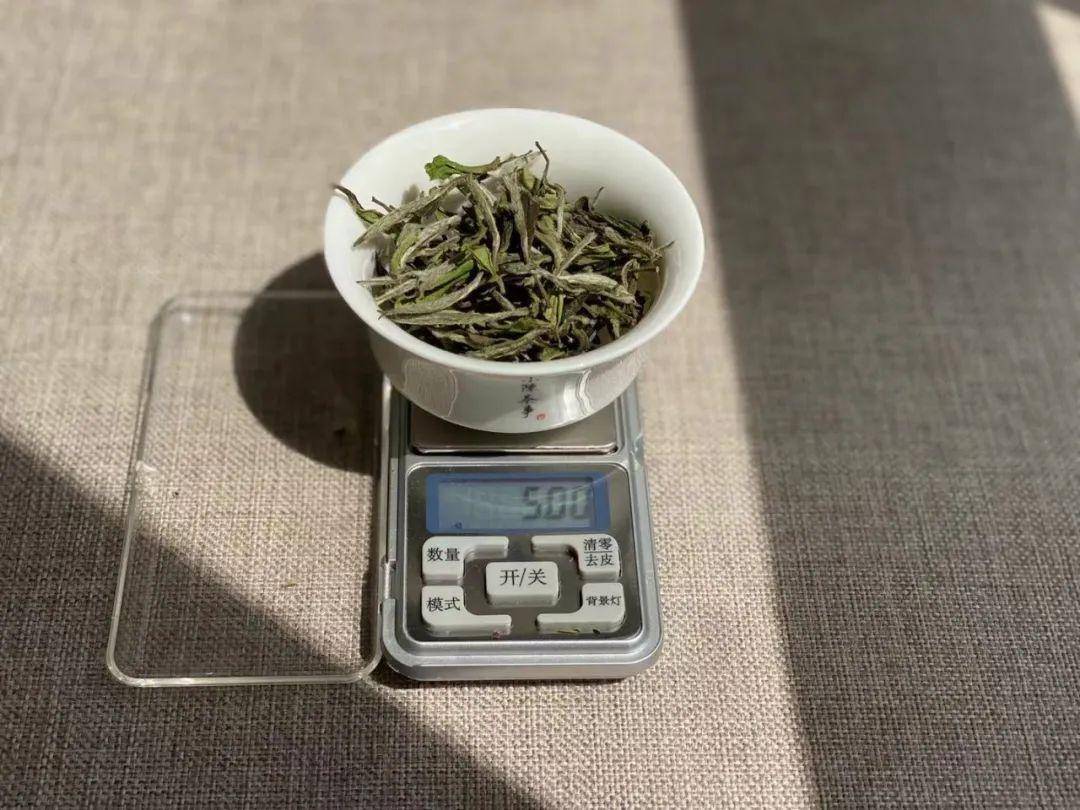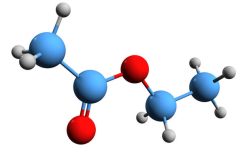Polyimide is not soluble in ethanol and few other common solvents. In general, polyimide is soluble in polar aprotic solvents such as NMP (N-Methyl-2-pyrrolidone) or DMF (Dimethylformamide). These solvents do not participate in hydrogen bonding, which helps to prevent the polymer from precipitating out of solution.

-
NMP (N-Methyl-2-pyrrolidone) is the most commonly used solvent for polyimide. It exhibits intermediate solubility and is less toxic than DMF.

-
DMF (Dimethylformamide) dissolves polyimide rapidly, but it is a toxic solvent and requires appropriate safety precautions.

-
DMSO (Dimethyl sulfoxide) is another polar aprotic solvent that can be used to dissolve polyimide. However, it is more difficult to remove from the polymer than NMP or DMF.
-
Acetone is a less polar solvent used to dissolve polyimide. Acetone is a common solvent not recommended for use with polyimide because it has poor solvating power for the polymer.
-
Dichloromethane is a nonpolar solvent and is not suitable for dissolving polyimide. It is also a toxic solvent.
The choice of solvent for polyimide depends on the specific application. For example, NMP is often used for spin coating polyimide films, while DMF is used for casting polyimide films. It is important to consult the relevant technical literature or consult with a chemist or material scientist to determine the best solvent for a particular application.

